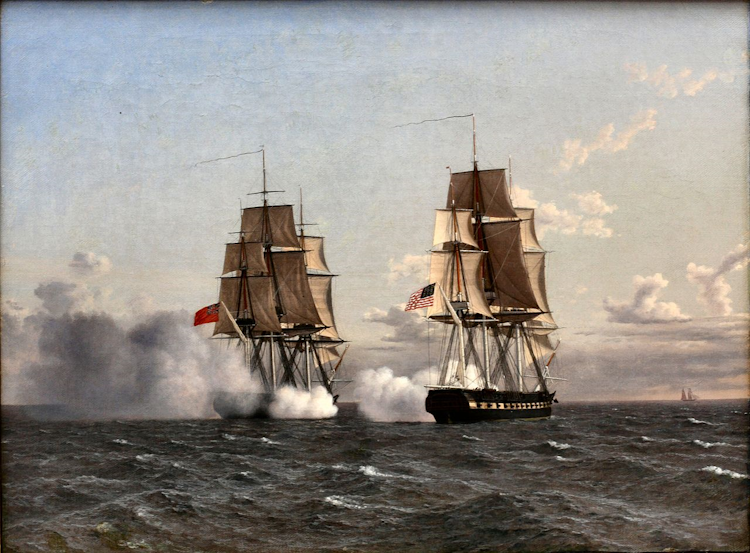The Congress Political Speaker this year, was Sir Kier Starmer. The text of his speech is available from the Labour Press Office; like Corbyn he is not a great orator but that skill is exceptionally rare in today’s parliament. I feel the speech was tuned for a GMB audience, but no harm in that, provided the commitments offered are genuine, and not part of “I’ll say what it takes to win” strategy, although you’d have look very hard to find any new promises.
The video of his speech starts here, on YouTube. After the speech, GMB Congress asked each region to pose a question to Sir Kier. This year questions were posed on, the new deal for workers, the minimum wage specifically in social care industry, plans for energy industry infrastructure manufacture, plans for in-sourcing, public procurement and anti union firms, the blocking of new offshore mining licences, and finally, the regulation off hire & fire especially by firms in dispute with their union, but interestingly, despite a CEC special report on pubic sector pay, nothing on public sector pay nor on the public sector disputes,
The issue of the politics of energy supply and the GMB was fore-shadowed in an article in the Guardian, where Gary Smith, the GS, strongly criticised Labour’s plans to ban new North Sea drilling licences, in what might be called a “shot across the bows”.
Smith is quoted in the article as saying,
“We are critical friends of the Labour party and I think this is just a lack of intellectual rigour and thinking about where they have got to on oil and gas,” he said on Sophie Ridge On Sunday on Sky News. “They are focusing on what they think is popular rather than doing the proper thinking to understand what is right for the country.”
Below/overleaf I have posted the video of the Q&A session, and written a précis of the session. …
I am quite amused that I am the thumbnail on youtube’s video stream for Tuesday, you’re expecting to see someone important
The question on the fair deal was a softball question and avoided the policy’s gaps although he was questioned immediately afterwards on the minimum wage. Question two was on the matter of the minimum wage, he was asked what he thought a fair rate was the social care industry. For policy wonks, the answer is there, although I have not checked what the national policy forum document says. Labour plan to institute fair pay agreements and the social care industry will be the first sectoral agreement established. He did not answer the question on rates, stating that these would be negotiated with the Unions at the table.
Question three was on how to establish and defend jobs in energy infrastructure manufacturing. The questioner proposed a moratorium on new North Sea mining licences in order to make time to bring these industries and jobs online. Starmer rejected the moratorium but claimed that Labour’s green energy plan will create the jobs in Scotland and across the UK. The question is when. Congress returned to the issue of energy policy at question six.
The next question probed for more detail on Labour’s promise of the biggest wave of in-sourcing ever. The question also raise the issue that’s outsourcers often pay less than the principle public suppliers. He asked that this be stopped. Starmer’s short answer is that Labour will stop it.
Question five came from Garfield from Amazon Coventry, and he asked what could be done about government subsidy, through procurements which supports the profitability of anti-union companies such as Amazon who are refusing to recognise the GMB. Again, Starmer was able to offer reassurance that labour’s national pay rules will impose fair terms and conditions on the Government’s supply chains. (Actually, is the ability to do this a Brexit benefit? Probably not as the single market rules prohibit discrimination against EU member state suppliers.) Again, the policy is better than that which was presented; is Starmer, not a details person?
Next a further question on the future of Oil and Gas in the North Sea and UK. Labour was flirting with blocking new licenses in the North Sea. The questioner stated that this policy was anti jobs. Starmer replied that oil and gas will be part of the UK’s energy mix for decades. But he posed the question what happens next. He promises that there will be no repeat of the smashing of the coal industry, its workers’ Union and its towns and it is good to remind policy wonks that’s industrial policy needs to address “just transition”. The GMB needs to be reminded that “just transition” is two words. While Starmer mentioned modern technologies such as the hydrogen economy which may well be an opportunity for clean energy and a just transition for the gas industry, he poses the short term problem as a race between the EU and the US to fulfil the new energy manufacturer infrastructure supply chains. In my view this is not a race the UK can win, in fact the failure of British Volt and the closure of Vestas show we may already have lost that race. Nationalist economic autarky was one of the causes of World War 2, we should not be seeking to repeat it and Starmer’s (& Reeves’s) language does this.
The final question was from an ASDA rep from Brighton, who highlighted the use, by anti-union firms seeking to impose pay decreases, of hire and fire tactics. He says his Labour Government will prohibit fire & rehire. Starmer offered his solidarity to the ASDA workers in dispute but I don’t think he visited their shop to meet with the workers there.
